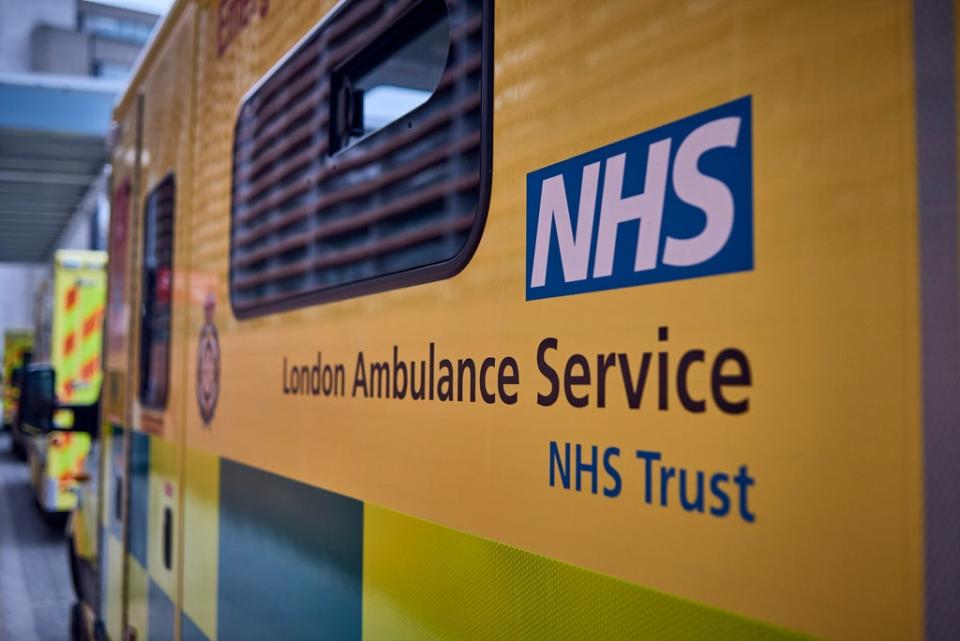London ambulances take 33 minutes to reach heart attack patients

Paramedics are taking an average of 33 minutes to reach Londoners suffering a heart attack, it can be revealed.
It is the latest indication of how soaring demand resulting from the pandemic has affected London Ambulance Service’s response times.
Most heart attack victims should receive a category two emergency response within 18 minutes, the same target as other serious but not immediately life-threatening conditions.
It was already known that LAS was taking almost 50 minutes to reach category two patients. This is the first time details have emerged about the delays endured by those who were suffering from a heart attack.
It follows a review of LAS patients found to have been suffering a heart attack in August.
Fenella Wrigley, LAS chief medical officer, told the LAS board: “For patients who are having a heart attack, our average response was 33 minutes.”
A heart attack is different to cardiac arrest, which is when the heart stops. This requires a category one seven-minute response, which LAS exceeded by only two seconds on average in October.
LAS, which is dealing with about 6,500 999 calls a day, double pre-pandemic levels, took 89 minutes to get heart attack patients to hospital in August.
This is within the 130-minute NHS time frame for angiography to begin. In 99 per cent of cases, patients were correctly taken to a specialist heart attack centre rather than an A&E.
It also emerged that stroke patients were having to wait 37 minutes for an LAS ambulance in August and an average of 77 minutes to reach a hyper acute stroke unit — though this was “well within” the London target time for thrombolysis of 4.5 hours.
Dr Sonya Babu-Narayan, associate medical director at the British Heart Foundation and a consultant cardiologist, said: “Minutes matter when someone has a heart attack or a stroke, which is why it’s so important that these medical emergencies get a fast response and that the right person gets to the right hospital department at the right time bypassing A&E where appropriate.
“There is currently a perfect storm of pressure on the NHS, with stories of longer ambulance times, overcrowded emergency departments.”
Malcolm Alexander, chairman of the LAS Patients’ Forum, said: “The deterioration in performance of the LAS is deeply worrying.
“They are failing to meet all their targets for patients who are not at immediate risk of death and even their seven-minute target, for patient at imminent risk of death, is in many cases not being met in many parts of London.”
He added: “In September, 1,943 patients waited more than one hour to be ‘handed over’ from an ambulance to A&E.
“Clearly, it time that the Health Secretary took action to prevent deaths and harm due to long delays in ambulances reaching patients, and handing them over to hospital emergency departments.”
LAS is trialling “arrival lounges” in a bid to enable crews to offload patients more quickly, freeing them up to respond to the next emergency.
There are an estimated 10,000 heart attacks a year in London.
A LAS spokesman said heart attack patients typically called with non-specific “chest pain” or “shortness of breath” symptoms.
On this basis, the response time would be 18 minutes or two hours. The “vast majority” of patients were found not to be suffering a heart attack after checks at the scene using an ECG (electrocardiogram), he said.
Read More
Man arrested on suspicion of murder after woman found dead in home
Met Police officer to stand trial over alleged sex attacks on four women
Tube strike: What is it about and what lines will be affected today?

 Yahoo Finance
Yahoo Finance 